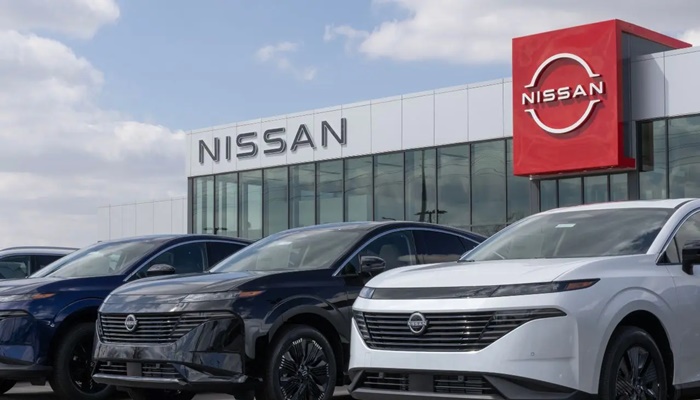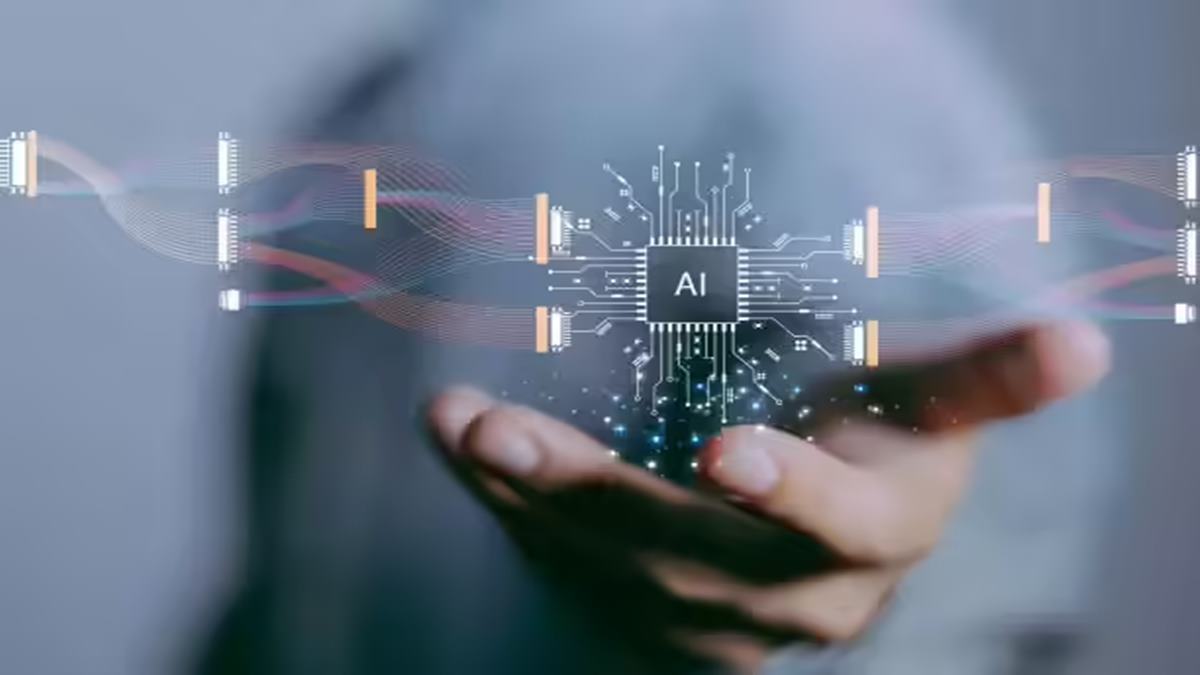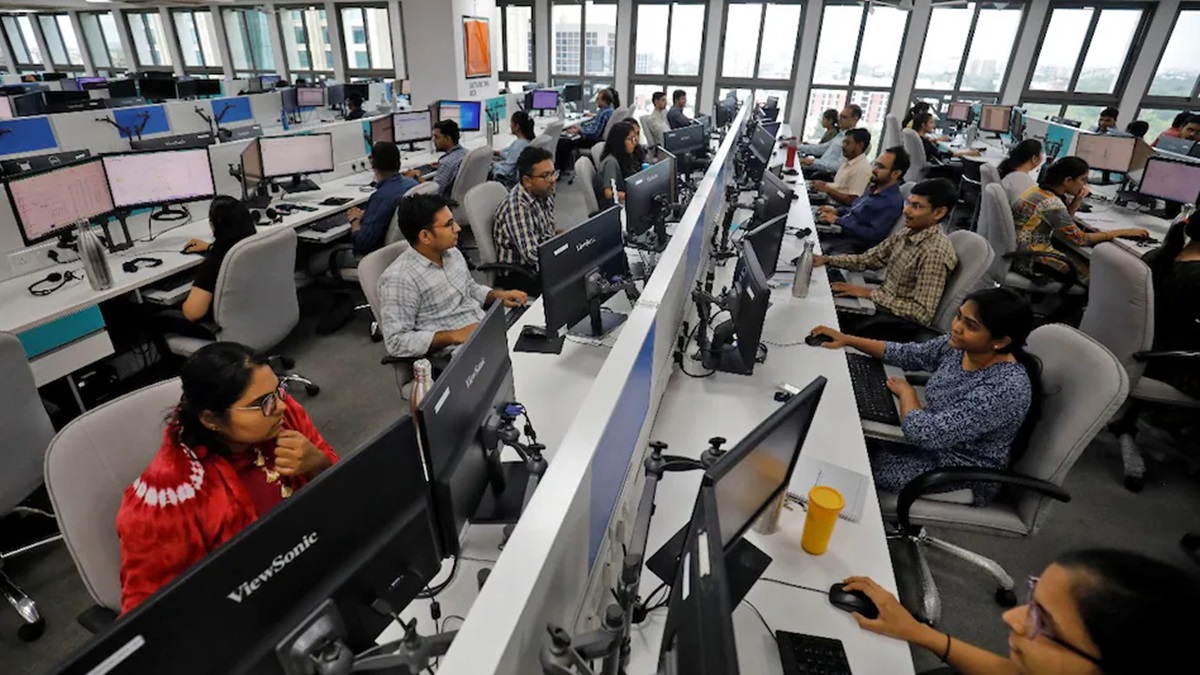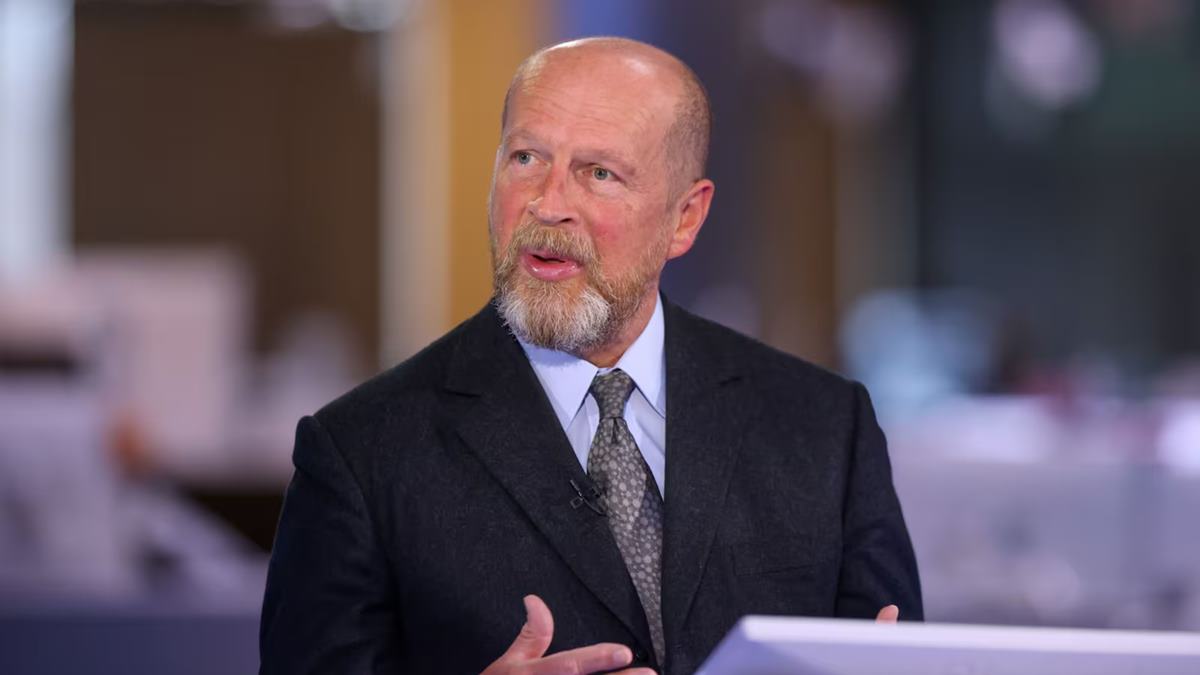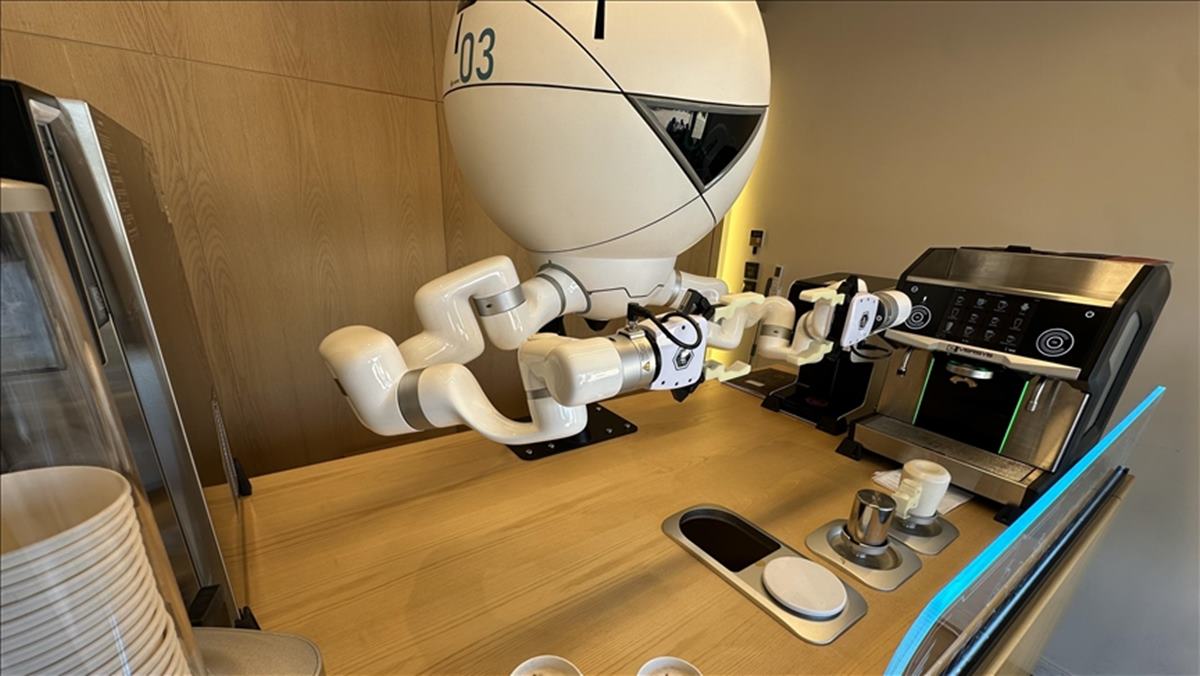In January 2025, Sam Altman reflected, “…in 2025, we may see the first AI agents join the workforce and materially change the output of companies.” We are already experiencing this reality, with AI Agents autonomously executing multi-step workflows once delivered by traditional or digitally supported teams. This marks the beginning of a new era of hybrid workforces, where employees collaborate with digital co-workers, bringing profound implications for talent and leadership.
As a human resources professional, I view this disruptive change as an opportunity to transform talent management and leadership development in various ways, which I explore in the following paragraphs.
Managing AI Agents versus humans: Not long ago, the biggest challenge management faced was aligning teams across time zones. Today, they’re onboarding not just talent who work in shifts, but AI agents who can operate 24/7. According to Deloitte, over 80 percent of Indian organisations are already exploring the development of autonomous agents, signalling that this shift is no longer experimental. From AI assistants that write code to conversational bots that address queries, AI agents are becoming strategic co-workers, and integration is not a plug-and-play process. It requires new models of accountability, empathy, and coordination, much like a conductor leading an orchestra of human musicians and automated instruments, ensuring harmony and cohesion.
Middle management embracing AI: Middle managers are typically the translators between strategy and execution, between CXOs and customer experience, between compliance and creativity. With AI in the mix, their role becomes even more complex. They’re expected to supervise both human and machine outputs, ensure ethical data use, respond to industry shifts, and still drive KPIs. The skills needed to manage this new complexity are not entirely teachable, which means adaptability will become their most critical strength.
Future of leadership development: But what’s even more important is “coordination intelligence”: the ability to orchestrate hybrid teams, resolve human-AI conflicts, interpret probabilistic outcomes, and question black-box recommendations with curiosity and clarity. That takes mindset shifts, not just training modules. Traditional leadership programs may no longer suffice; instead, organisations must foster diverse cohorts with varied capabilities to solve future problems through cross-functional teams, distributed systems, and rapid decisions. Moreover, encouraging career mobility and defining hybrid roles will help organisations stay ready for what’s ahead.
Embracing true diversity: This shift would also mean embracing diversity in its truest sense, encompassing cognitive styles, life experiences, and ethical perspectives. With AI in workflows, humans shift from execution to judgment, strengthened by perspectives that challenge group thinking. This could mean hiring liberal arts majors to work alongside AI engineers, or pairing engineering managers with behavioural coaches, ethicists, or product philosophers. I’ve experienced such pairings opening richer dialogues on making hybrid teams more humane and effective, building an ecosystem that values the unpredictable, the intuitive, and the humane.
Era of versatile talent: One trap to avoid is the false comfort of “expertise.” In a world where agentic AI will autonomously resolve 80% of common customer service issues without human intervention by 2029, reducing operational costs by 30 percent, the shelf life of narrow skills is shrinking. This doesn’t mean expertise is obsolete, but it must be flexible. Specialists will need to expand into roles like data storyteller, AI ethics reviewer, and team coach. Fungibility, in the sense of fluid capability, will matter more than ever.
Responsible AI is table stakes: With the transformation underway, questions arise – Who is accountable when an AI agent makes a wrong call? How do we retrain not just the model, but the team around it? These questions are critical. The future lies in amplifying human strengths and designing systems where people and machines co-evolve with mutual respect and clear guardrails. Workflows should be designed for AI to handle 80 percent of inputs while the workforce addresses the remaining 20 percent of outliers, ambiguities, or ethical flags, much like a pilot combining skills with autopilot, ensuring safety through human judgment and machine precision
Redefining performance management: No, humans won’t compete against AI. However, it will be assessed based on how well they collaborate with AI agents to enhance outcomes. Performance management will shift from measuring humans against machines to valuing uniquely human strengths. Individual KPIs will give way to collective evaluations, prioritising learning agility, digital fluency, and ethical decision-making. As AI agents assume modular roles, high performers will transition to higher-autonomy tasks, while underperformers are retrained, transforming performance management across both individual and organisational dimensions.
Behavioural impact on employees: Beyond structural shifts, the rise of AI will have deep psychological implications. Employees will face new questions about their value, purpose, and autonomy in an AI-augmented workplace. Job satisfaction, motivation, and recognition will need redefinition. Leaders must create inclusive, psychologically safe environments where people feel valued, not overshadowed. Involving employees in decisions, giving them ownership, and respecting their autonomy will be key to maintaining engagement. These practices build a sense of worth and meaning, even as roles evolve.
This transformation will not occur overnight, but it will progress more quickly than many expect. The winners will not be those with the smartest models, but those with the most thoughtful integration strategies. Automation is not only about doing more with less, but also about doing better with different. Managing AI is not just an engineering challenge; it’s a human one.
The leaders who will thrive are those who let go of the need to be the sole expert and instead become stewards of evolving systems. This is quieter power, built on trust, experimentation, and wise judgment. The work of the new age leader has already begun.
Source – https://www.peoplematters.in/article/leadership/rethinking-leadership-in-an-agentic-ai-era-46580






